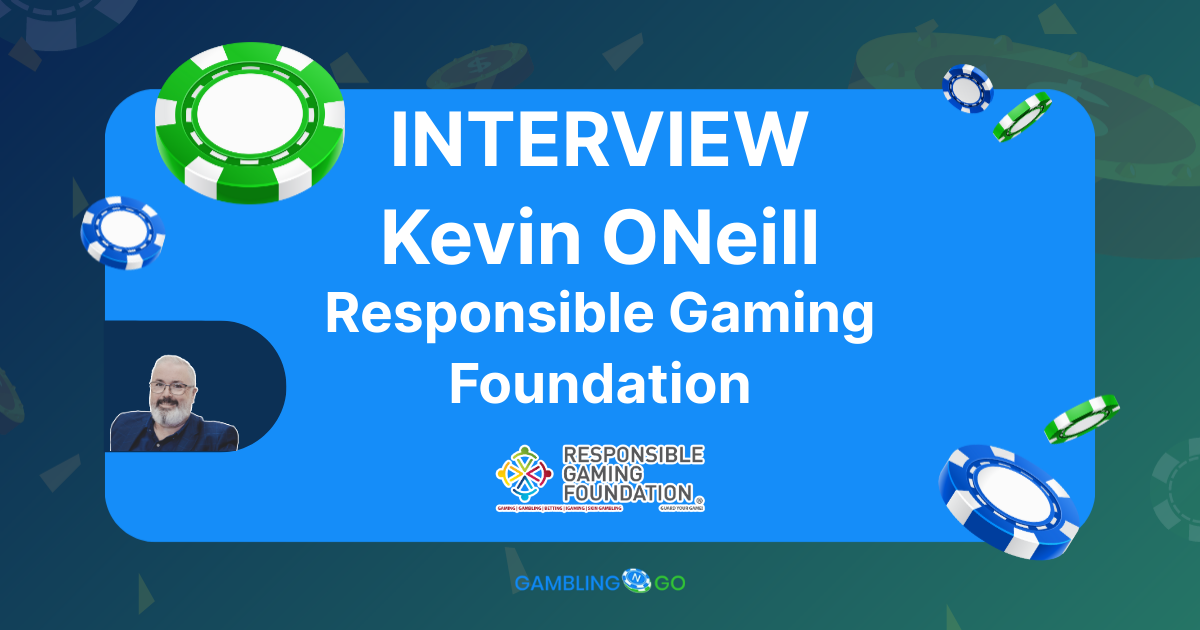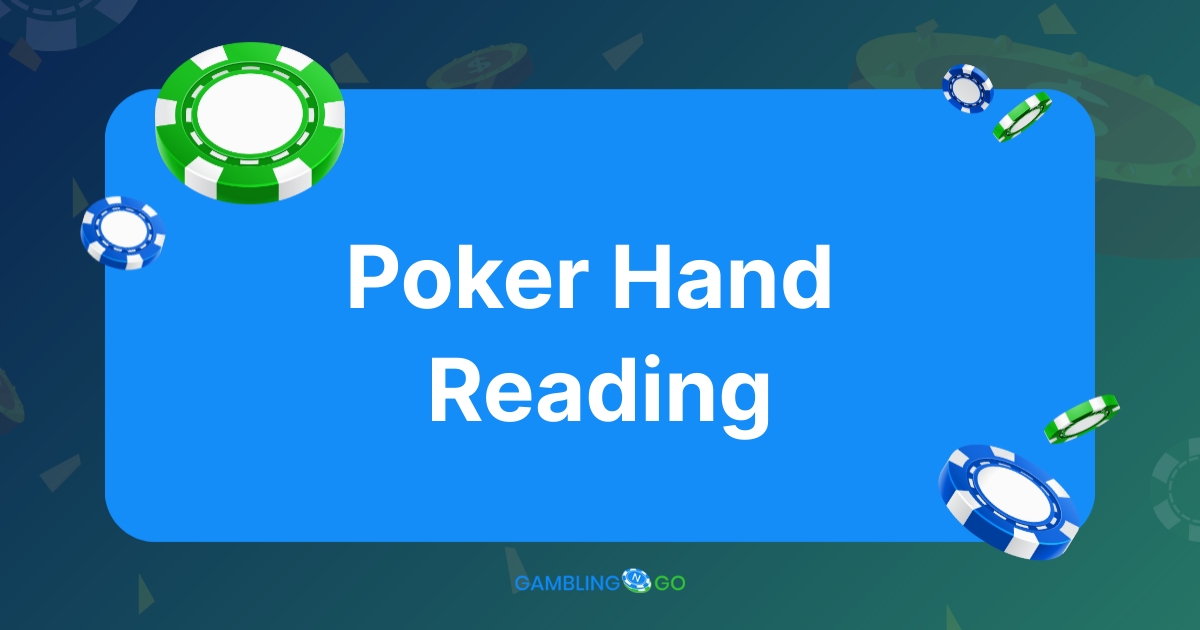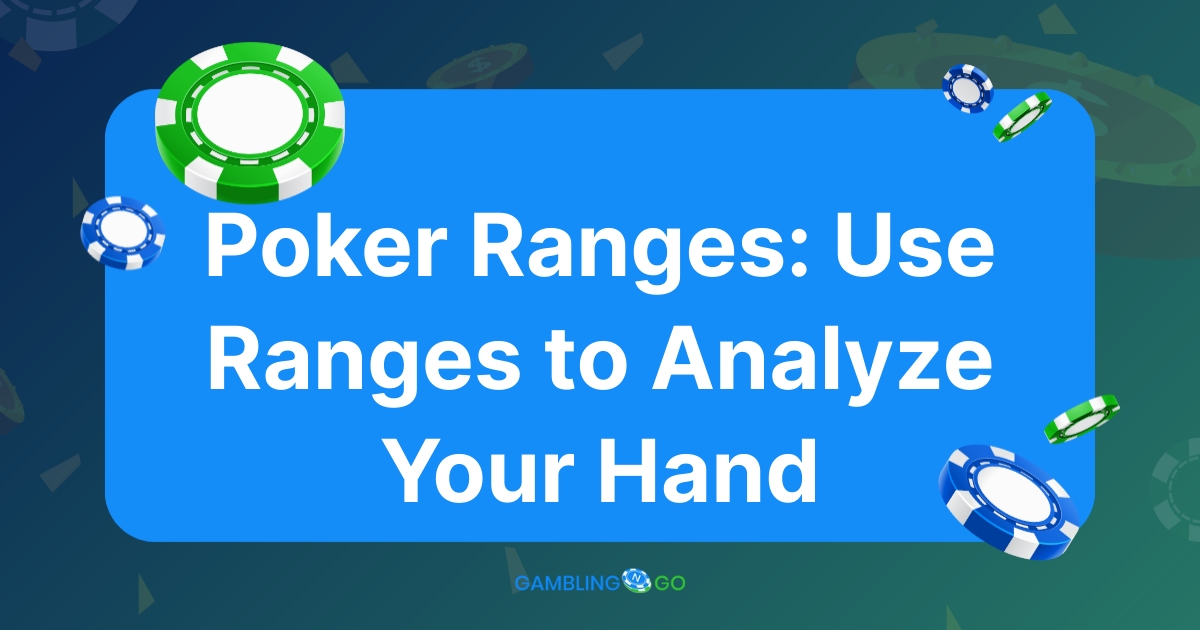1. Hi, Mr. O’Neill. Describe your background and journey to becoming the Responsible Gaming Foundation’s General Manager.
Mr. Kevin O’Neill: First off, thank you for inviting me to contribute to your platform. Representing the Foundation and sharing its aspirations for shaping a wholesome gambling industry is always a pleasure. My journey into the iGaming sector started well before my employment within the industry. I was an avid poker player, not a particularly astute one, but the game gave me much pleasure and excitement. It was sheer entertainment to me. I loved the casino atmosphere, the sounds of the slot machines in the background, the chips, the riffling of cards, even the smell of the baize of the casino tables! The casino vibe, as most would likely agree, is an assault on one’s sensory function. To me, a casino visit was one to look forward to occasionally, providing a friendly environment for me and my friends. I also enjoyed playing online, but online gaming did not offer the same thrill or interaction as brick-and-mortar casinos did.
My incursion into the iGaming sphere as employment occurred in 2014 when I joined the Maltese regulator, then the Lotteries and Gaming Authority, which became the Malta Gaming Authority shortly after. My first role was that of Player Support Officer, where I dealt with player complaints from all over the globe. This was before licensees were obliged to offer a mandatory ADR (Alternate Dispute Resolution) service. I was appointed Player Support Manager in 2015 and promoted to Head of Player Support in 2018. During my tenure with the regulator, I developed a deeper understanding of problem gambling and gambling-related harm through firsthand experience dealing with various cases. The plight of the problem gambler became something that needed to be prioritised, so I determined to pursue a more active role in the field of RG (Responsible Gaming).In June 2021, I was tasked with heading the Responsible Gaming Foundation. I aspired to bring a fresh sense of purpose and implement innovative approaches to promote responsible gaming. I wanted to make the industry more conscious of its role in creating a sustainable industry and work hard to engender ethics in the gambling business. I want to continue making a difference. Players worldwide deserve to be treated with dignity and respect.
2. How will the online gambling/iGaming industry evolve over the next 5-10 years? What new technologies or trends do you anticipate will reshape the industry?
Mr. Kevin O’Neill: The iGaming industry is set to experience significant further transformation over the next 5 to 10 years. With technology evolving at lightning speed and shifting consumer preferences, this is a fait accompli. The essential tech and trends to reshape the sector will likely be the increased adoption of blockchain and crypto, as blockchain technology can offer unmatched fairness and transparency. As for cryptocurrencies, these will continue to gain traction as a preferred payment method mainly due to the ease with which players deposit and withdraw funds.
VR and AR will further transform the industry because of their immersive and interactive capacities. AI and machine learning will also likely drive a more bespoke gaming experience based on recommendations on players’ behaviors and proclivities.
Esports is growing exponentially, which means the associated betting market will follow suit, where live betting will, through real-time data analytics, enhance the betting experience and offer more player engagement.
Hopefully, further regulatory development will be needed to keep up with such intense advancements, ensuring a more robust focus on responsible gambling and consumer protection. Therefore, we’ll hopefully see wholesale adoption of sustainability and corporate responsibility, with a stronger and more authentic emphasis on ethical gambling practices and promoting positive engagement.
3. Gambling advertising and sponsorship remain controversial. How should operators balance effective marketing with social responsibility?
Mr. Kevin O’Neill: The possible effect and impact on vulnerable populations, such as youths and gambling addicts, has long prompted controversy over gambling advertising and sponsorship in sports and the media. Promoting their services in a way that is both socially responsible and ethically sound is a formidable challenge for operators.
It is crucial to employ marketing strategies sensitive to the topic to strike this balance. Operators must be upfront and honest in their marketing about the dangers of gambling and where to get help if you’re addicted. Additionally, it is critical to have age-verification methods to prevent promotional material from reaching underage individuals. Another way to reduce the danger is to make gambling commercials less prominent on shows that younger viewers enjoy, including sports broadcasts. Participation in or funding of programs that aid in the recovery from and prevention of gambling addiction is another way operators can show their dedication to social responsibility. In addition to being in line with ethical advertising standards, this proactive strategy helps build a positive image for the business.
Operators may uphold successful marketing methods while protecting the public by investing in community well-being and fostering safe gambling behaviours. This dual strategy benefits operators in the long run since it satisfies regulatory expectations and increases consumer trust and loyalty. If the gaming industry adopts such ethical marketing tactics, it may prosper without endangering its audience.
4. Responsible gambling is an increasingly important focus. What measures does your organisation take to promote responsible gambling practices?
Mr. Kevin O’Neill: The Responsible Gaming Foundation in Malta does not oversee regulations; that duty belongs exclusively to the Malta Gaming Authority. Our focus is on raising awareness, educating stakeholders, supporting individuals impacted by gambling addiction and their loved ones, and encouraging activities that do not include gambling.
Educating the general public and gamblers alike about the dangers of gambling and the significance of moderation is a primary goal of our educational initiatives and campaigns. The primary goal of these programmes is to raise awareness about the warning signs of compulsive gambling and provide resources for those in need.
Regarding gambling, we work with operators and support providers to ensure that their platforms have safer gambling features. This is a necessary component, in addition to showing transparent information regarding gambling odds, offering simple access to self-exclusion programs, and mandating deposit limits. Additionally, we check for compliance with responsible gaming guidelines on a national and international level whenever possible.
Part of our strategy is providing support services. In addition to our free support line (1777), in-person counselling sessions, online tools and resources, we also offer emotional support to anyone impacted by gambling. Our aim remains to encourage people to do something other than gamble. We aspire to lessen the need for gambling by supporting events, cultural, musical, and sports activities, as well as other forms of entertainment that provide healthy alternatives to gambling and activities where individuals can have fun and socialise.
These steps are part of our more significant effort to reduce gambling’s harmful effects.
5. How do you view the potential future convergence of iGaming, sports betting, esports, social gaming, and video gaming into new hybrid models?
Mr. Kevin O’Neill: As the General Manager of the Responsible Gaming Foundation, I am optimistic about the future of iGaming, sports betting, esports, social gaming, and video gaming. Still, I am cautiously optimistic because I am committed to the foundation’s primary mission of encouraging responsible gaming.
The gaming and entertainment industries stand to gain a great deal from merging these platforms. By combining forces, these industries can produce one-of-a-kind products that appeal to a wide demographic. This could increase participation thanks to more interactive experiences and betting alternatives. For example, esports’ incorporation with conventional sports betting gives spectators a whole new way to participate in live events, boosting attendance and creating business expansion opportunities.
Nevertheless, there are significant obstacles that this convergence brings up, especially when it comes to responsible gambling. The potential for gambling-related problems, such as addiction, to rise is high as the lines between recreational gaming and gambling continue to blur. These novel hybrid gaming models can potentially take advantage of player engagement tactics that promote more frequent betting, spending, and longer gambling time.
There is an increased demand for solid regulatory frameworks because these models can entice younger groups often involved in video and social gaming. It is vital to have these standards in place to protect vulnerable gamers, such as minors and those who are at risk of developing gambling issues. The inclusion of effective exclusion procedures, the openness of risks and odds, and the fairness of games are all essential concerns that these frameworks must address.
Public and professional education regarding the dangers of gambling, particularly as they pertain to these new models and any hybrid variations that may emerge, is vital. Our organisation is still committed to helping people learn about these dangers, encouraging responsibility, and supporting individuals who are struggling with gaming/gambling-related problems. Ultimately, a balance must be struck that places stakeholders first. This way, even as it develops, the industry may continue to serve our community in a safe, fair, and entertaining way.
6. Regulation and compliance are significant issues. What are the biggest regulatory challenges facing the iGaming space currently, and how does the RGF fit into this?
Mr. Kevin O’Neill: Due to its rapid growth and innovation, the iGaming industry constantly faces significant regulatory challenges. Issues such as compulsive gambling, gambling by minors, and fair play pose substantial challenges. Cross-border gambling is also complicated, as operators must navigate different legal frameworks across multiple jurisdictions. Technological developments like blockchain and cryptocurrency bring opportunities and threats to regulation and compliance.
Regulation priorities include safeguarding consumers, educating operators and the public about gambling harms, and providing easy access to assistance for those who may suffer from compulsive gambling. Strengthening age verification procedures and improved player monitoring systems are essential for protecting vulnerable groups, especially children. The international aspect of online gambling makes enforcement and compliance more challenging, making harmonising laws across national boundaries crucial. International regulatory organisations can collaborate to create a unified framework for monitoring iGaming worldwide.
The Responsible Gaming Foundation plays a crucial role in addressing these issues by raising awareness of gambling dangers and teaching industry stakeholders and the public how to play responsibly. Their programs aim to make regulated gambling sites more trustworthy by encouraging operators to be open and authentic with customers. We support legislation and initiatives promoting responsible gaming to safeguard players and promote equitable play.
The RGF’s top priority is fostering an ethical and environmentally conscious gaming ecosystem. Collaboration with operators, regulatory agencies, and other interested parties is essential to shaping a more responsible and ultimately sustainable gaming industry.


















